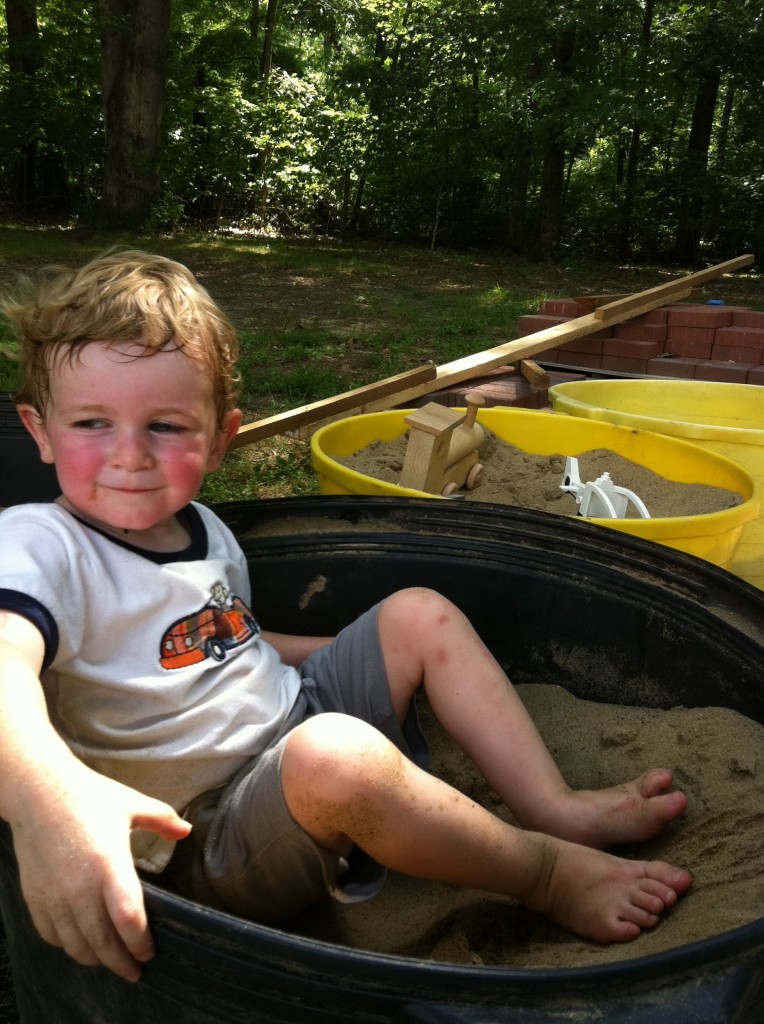Ahh…small group life. You’re in…by the duping of your pastor. Or by the guilting of your wife. Or because you thought you were signing up for a free vacation.
But that was 6 weeks ago. And you’re finding out that what you expected isn’t what’s being delivered. And what you were sold isn’t being given. Group isn’t exactly what you thought it would be.
I don’t know what the hook was that got you “in,” but that won’t be the hook that gets you to stay. Allow me to tell you what nobody else told you when you signed up. And let me show you why each truth will serve you greatly.
9 truths nobody told you about small group
1. You won’t want to go.
As much as you like it, most weeks you won’t want to go to small group. You’ll start making up excuses about your excuses. Then your excuses will start making up excuses.
But isn’t the same thing true about almost anything in life that’s good for us?
2. You won’t make best friends with everyone in the group.
You’ll encounter people that rub you the wrong way. Speak out of turn. Don’t speak at all. And ones that can’t cook a pot of chili to save themselves. These aren’t necessarily people you’d want to hang out with on Friday nights.
But it’s not about making best friends. It’s about growing spiritually.
3. God will change you. And it’ll be painful.
How often in life do we choose what we know will cause us pain, and what we simultaneously know will cause us growth? Very rarely. This is your chance to grow in a safe, loving environment that wants God’s best for you.
Strap on your big boy shoes.
4. God will use you. And it’ll be difficult.
You thought small group was about you, didn’t you? You thought you were the one that was stretching in this process. You thought the group, and its growth, its challenges, and its joy was about you. Boy, were you narrow-minded. And even though your story isn’t done, and you’re not where you know you want to be spiritually, God’s going to use you. He’s going to use your journey, and the wisdom He’s given. He’s going to use your insights into Scripture. He’s going to use your prayers.
You’ll find yourself surrounded by a group of broken work-in-progresses. And by the grace of God, you’ll be contributing to that work.
5. There are “better” ways to spend your time.
At least that’s what you’ll tell yourself. You need some “me” time. Your kids need you at home. You’re behind in emails. You’re hungry. You’re tired. You’re crabby. You…need to play golf.
There ARE better ways to spend your time. But carving out a couple of hours every week is time your soul needs. Choosing what we need over what we want helps us to mature.
6. You’ll be offended.
There will be times when you’re offended to your core. Sometimes the offenses will be off-base, out-of-line. Sometimes you’ll be offended on behalf of someone else. But the ones that sting the most are the offenses that are rooted in truth. The ones where you know they’re right as their words slice you like a surgeon.
You’re going to be hurt. In the best way possible.
7. You’ll be the offender.
You’ve offended people before. People at work. Family members. The guy that you cut off in traffic. But the difference in offending someone in your small group is that you will have grown to really love them. And you’ll feel just as pained as they are.
You’ll grow to love the people in your small group. And at some point, in some way, whether it’s implicit or explicit, you’ll offend someone you love. In truth and love.
8. It won’t feel natural. For a long time.
Small group will feel awkward and forced. You’ll wonder why in the world you signed up. These people don’t feel like “your people,” and they’re likely not going to be people you’d naturally hang out with.
These are exactly the kind of people God wants to use to grow you.
9. The information you gain isn’t all that important.
A lot of people sign up for a small group because of the content of the study. But that’s just the backdrop. The content you gain will only serve as long as you SEE it lived out in the lives of your group members.
Content is only a part of the value of a group. It’s a small piece of the pie.
And let us consider how to stir up one another to love and good works, not neglecting to meet together, as is the habit of some, but encouraging one another, and all the more as you see the Day drawing near. – the apostle Paul, Hebrews 10:24-25




